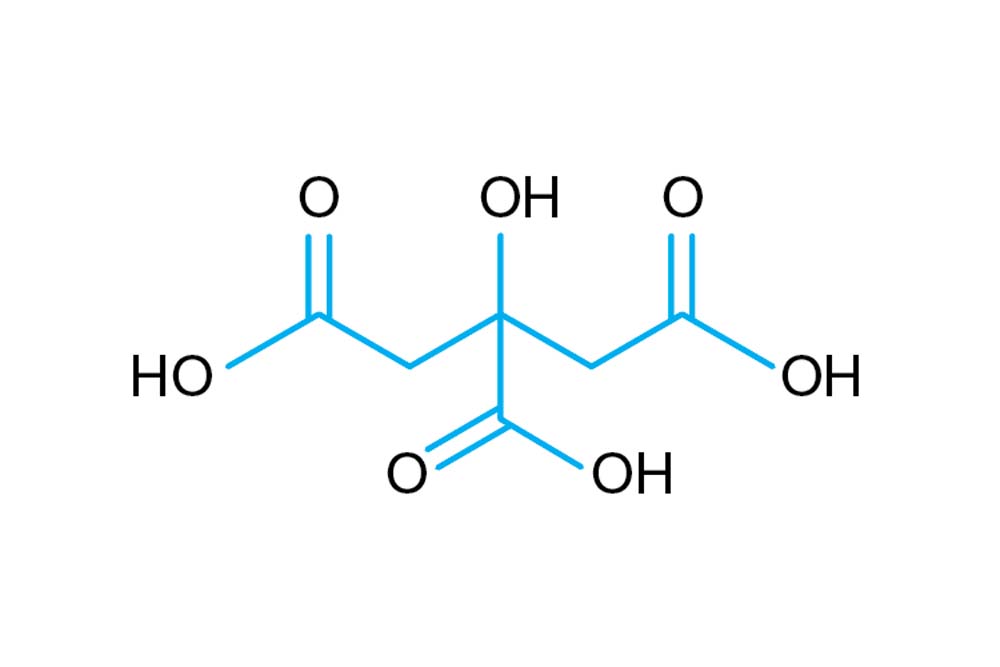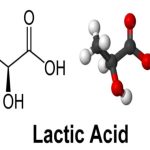Citric acid is found naturally in citrus fruits, especially lemons and limes. It’s what gives them their tart, sour taste.
A manufactured form of citric acid is commonly used as an additive in food, cleaning agents, and nutritional supplements.
However, this manufactured form differs from what’s found naturally in citrus fruits.
For this reason, you may wonder whether it’s good or bad for you.
This article explains the differences between natural and manufactured citric acid, and explores its benefits, uses, and safety.

Citric acid is something that we all consume or come in contact with, but many people are in the dark about what it actually is. Plus, with the word “acid” tacked onto the end, it can seem a little scary. So is it actually worthy of those fears, or is it an unavoidable part of everyday life?
The first thing to know about citric acid is that there are two types. The first is derived from — you guessed it — citrus fruits, like oranges, lemons and limes. It’s also present to a lesser degree in tomatoes and berries. “This type of citric acid is naturally made and good for you. It is high in antioxidants,” says personal trainer and nutritionist James Hickey in an email.
There’s not a whole lot of controversy about fruit-related citric acid, fortunately. “Consuming foods with natural citric acid in them is completely healthy and should be part of your nutrition plan,” Hickey says. “The only negative side effects that can happen is if you were to eat citric fruits in excess it can decrease the enamel on your teeth and cause heartburn.” Fortunately, he says that these problems can be eliminated simply by drinking water when enjoying citric foods.
Benefits of Citric Acid
That said, citric acid has been credited with some pretty impressive feats, such as protecting the brain thanks to its antibiotic and anti-inflammatory properties. It’s also linked to improved nutrient absorption, and has been tied to improved bone health, as well.
Some of the properties that make citric acid body-beneficial are also why they’re used in other products. “Citric acid is used as an additive because of its antibiotic properties. In some canned foods, it is used to protect against botulism,” says certified fitness instructor and Anabolic Bodies CEO Eddie Johnson via email.
Indeed, its preservative powers make it a natural for inclusion in everyday staples like ice cream, canned goods, wine, jams, applesauce, fish and shellfish because it keeps the product’s pH balanced and prolongs its shelf life, according to Julson. Plus citric acid “adds a pleasant tart taste to fruit-flavored products, especially candy and beverages,” she says.
Even if you’re fastidious about non-naturally occurring citric acid consumption, there’s still a pretty good chance that you’ll come into contact with it, as it’s a common component of makeup, chemical peels, bath bombs, detergents, cleaning supplies and even supplements. Citric acid stabilizes active ingredients in medications and improves their taste. Its antibacterial properties make it an effective disinfectant, which is why it’s added to cleaning products.
“I swear by the amazing benefits of citric acid for the skin,” says Alisha Lawson, a product development expert who specializes in beauty products for cosmetics company Shiny Leaf. “It treats several skin problems like mild acne, dark spots, clogged pores, and wrinkles,” she says, adding that certain formulations are known to help brighten complexion and even out skin tone.
Fortunately, this doesn’t seem like an ingredient we need to worry too much about. “Most studies have found citric acid to be safe, and some have even found it to be neuroprotective [protecting nerve cells against damage or degeneration], ” says dietician Julson. “Consuming large quantities can certainly damage teeth or irritate the intestines, but for most healthy individuals in small doses, it is relatively benign.”


